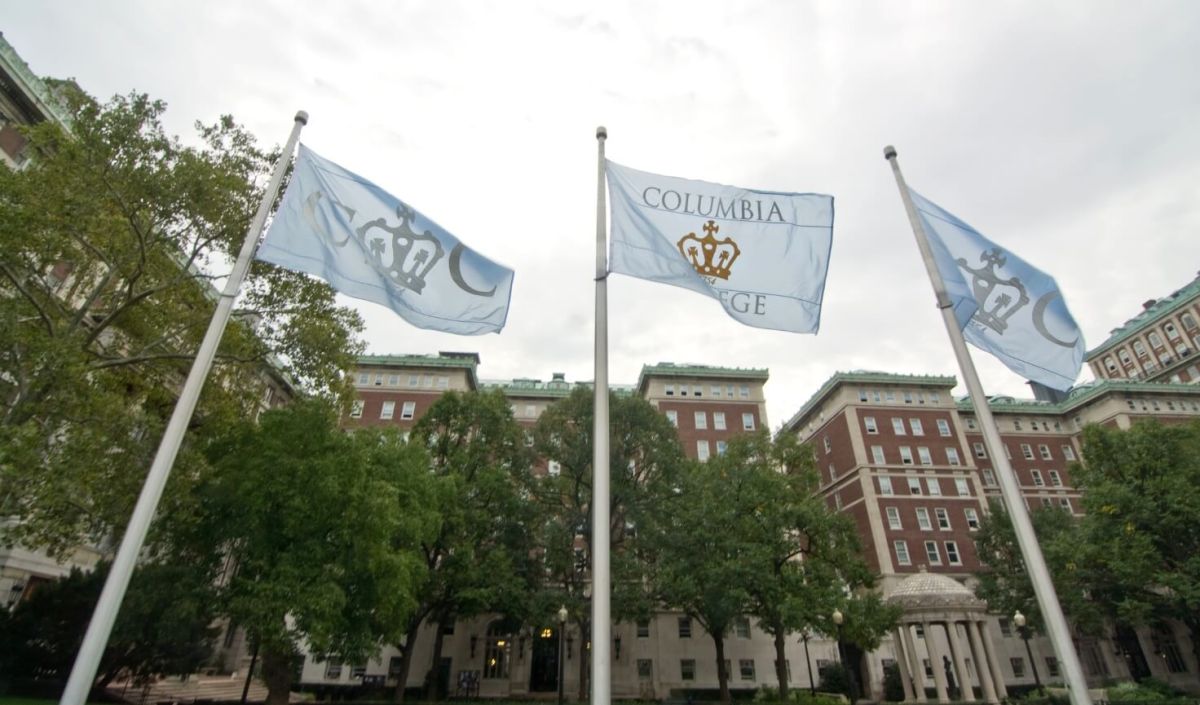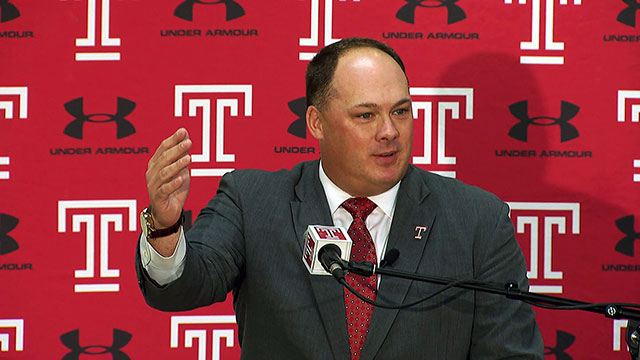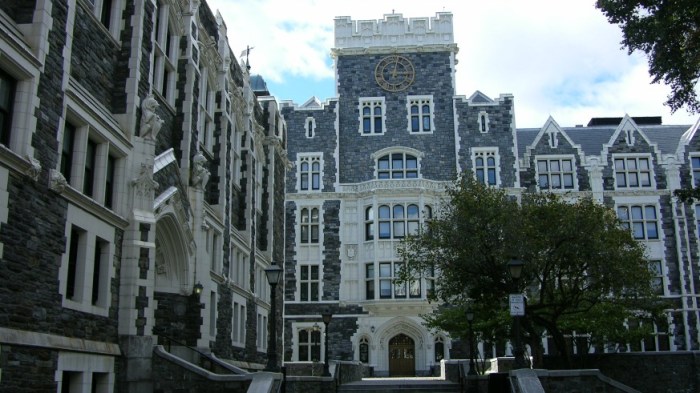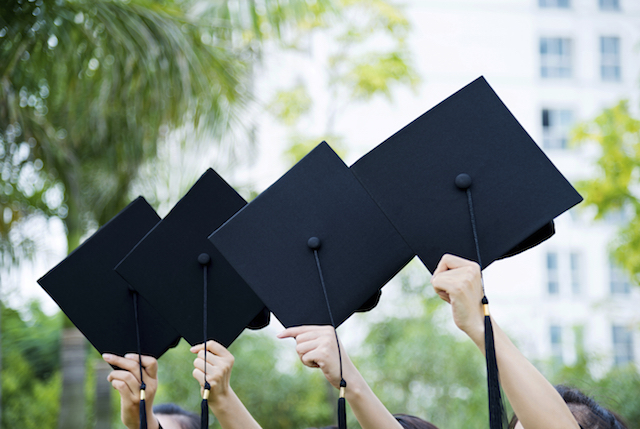What started as an anonymous forum for first-generation college students to air their grievances is now a call to action to fund students in need.
Columbia Class Confessions, a Facebook page launched in March, allows students to discuss the social and economic difficulties those who are the first members of their families to attend college face, including access to food during breaks when the dining hall shuts down, and being able to afford textbooks. Inspired by the response, a campus group called First-Generation College Students (FLIP) launched a crowdfunding site to address some of the concerns raised on the page. By Wednesday evening, the campaign had already reached it’s $2,500 goal. Toni Airaksinen, a Barnard College freshman and FLIP member of said that although her family relied on public assistance when she was growing up, she is “relatively privileged” compared to her first-gen peers. “I have a place to sleep, I have a work study job, I don’t have loans and know where I’m going this summer and have a job secured,” Airaksinen said. “Ultimately throughout this campaign is actually helping people bring the issue to light.” Airaksinen was inspired to launch the Columbia Campus Confessions page after attending a conference for first-generation students studying at Ivy League schools at Brown earlier this year.
“About 200 people in the first week contacted the page and (FLIP) board members, saying ‘I’m seeing people aren’t eating, going without medication. How do I help? I want to help,’” Airaksinen said, adding the group had to figure out what to do with the “overwhelming support.” The funds will provide emergency microloans for students in need starting next semester. The different funding levels, ranging from $10 to $250, can fund emergency room visits, counseling center co-pays, groceries — even the cap and gown required for graduation. Students in need can apply for the microloans, and the FLIP board will review and approve or deny the loans.
The organizers say that about 30 percent of Columbia undergraduates receive Pell grants, federal need-based grants that do not have to be repaid, to afford the $66,604 annual tuition.
Facebook page leads to microlending for low-income college students



















